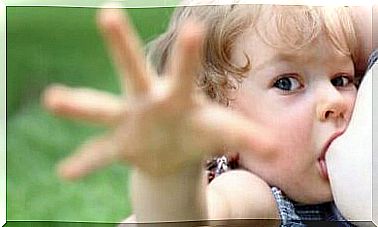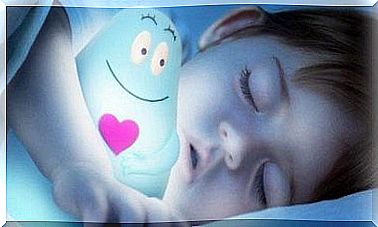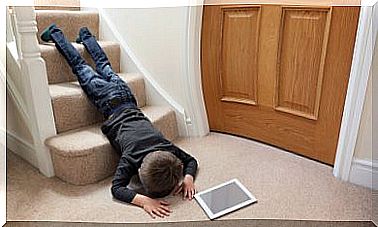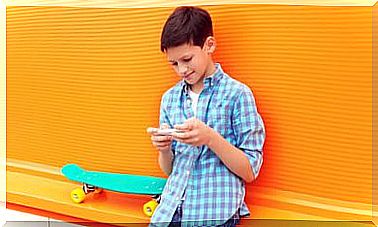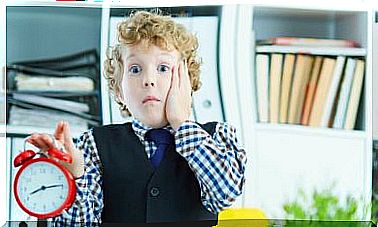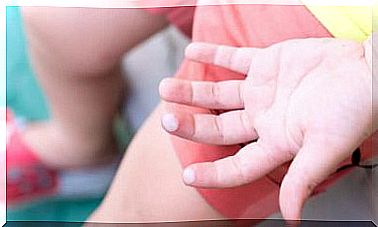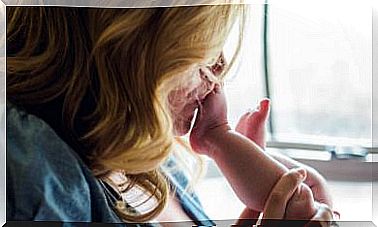Psychological Abuse In Teenagers
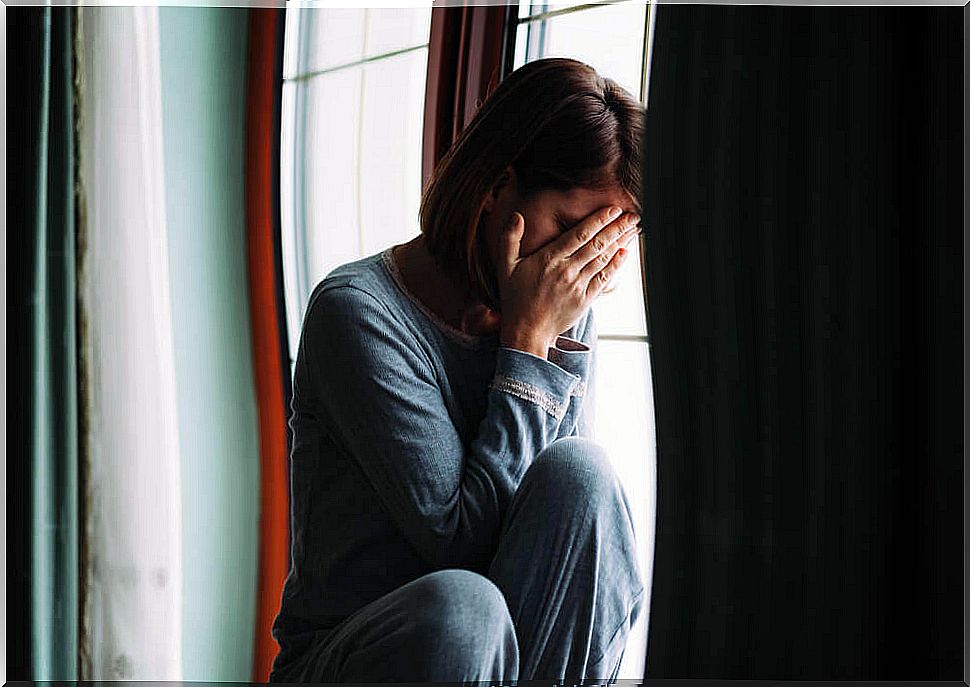
Psychological abuse in adolescents is a painful reality that millions of young people live around the world. It is often overlooked because people always tend to focus on the visible aspects of abuse; that is, in the physical wounds of violence.
For this reason, the fact that psychological abuse leaves a deeper and more permanent imprint on people is often ignored.
The extreme consequences of psychological abuse in adolescence can lead to youth violence, drug use, and other self-destructive behaviors. With so many negative consequences, it is necessary to pay attention to this terrible emotional damage that our children can be exposed to.
Psychological abuse in teenagers
Psychological abuse consists, in a nutshell, in harming another individual through the use of negative speech: disqualifications and insults, regardless of the tone of voice (screaming is not always necessary to make a person feel bad).
Therefore, it generates feelings of inferiority, shame, anguish, abandonment, disturbance, restlessness, rejection, etc. It is understood by psychological abuse:
- Ridiculousness.
- Sarcasm.
- Coercion.
- Defamation.
- Affective extortion.
- Blaming.
- Destructive criticism.
- Verbal violence.
- Disqualifications.
- Emotional abandonment.
- Social and emotional isolation.
- Excessive control and overprotection.

Certainly, most people, upon reaching adulthood, may have suffered one or more of these forms of emotional abuse. In fact, school age is when this type of abuse happens most. Despite this, no one is free from emotional abuse at home, whether consciously or unconsciously.
Considerations about abusive people
Psychological abuse is part of a behavioral learning cycle. Many people who are abusive come from homes or social environments in which they have been victims of abuse.
In this way, they recreate the lived situations considering that the abusive comments they received and that they themselves reproduce are within a normal range.
It is relevant to make this observation because, for effective prevention of psychological abuse to be possible, it is imperative to start with a self-examination of the way we interact with our children and, in turn, the way they express themselves to us.
This would give us clues to know the degree of social hostility present in the school, for example.
Indicators for knowing if a teenager is suffering psychological abuse
There are clear indicators of whether a teenager is experiencing psychological abuse or its consequences.
We can mention: excessive shyness, not looking at people’s faces or always looking down, stuttering, having difficulty concentrating and relating to others, generalized pessimism, aggressiveness, fear of going to school or public places, problems sleeping , apathy and desire to be alone most of the time.
Other more alarming indicators can include anorexia, suicide attempts or flogging, slashing the skin and committing acts of violence.
Bullying
Bullying is a social problem that is no longer going unnoticed, although much remains to be done to resolve it.
This issue is so controversial that major television networks are already allocating their spaces to show series that directly deal with the most extreme consequences of school bullying , such as suicide or violent attacks with weapons, which are definitely creating serious problems in societies like the American one.
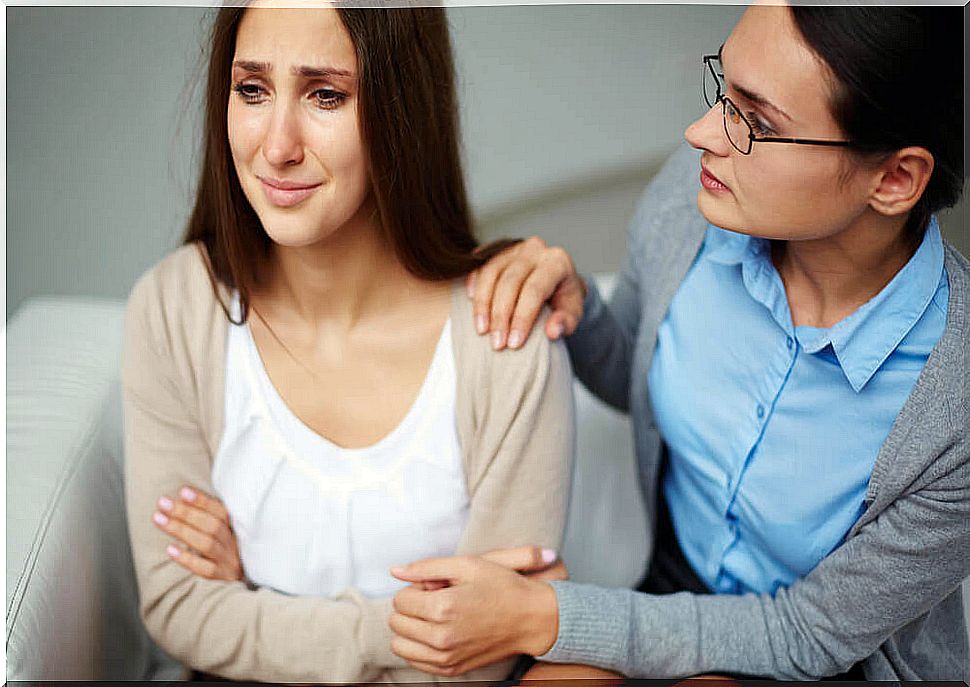
Ways to Address Psychological Abuse in Adolescents
The problem of psychological abuse in adolescents represents a great challenge to be overcome; mainly because often both those who commit and those who receive it are not, at that moment, aware of the consequences of what they are doing or feeling.
This claim is based on the fact that a third of children and adolescents who have been victims of psychological abuse will eventually repeat the same type of abusive behavior with their own children.
That is why frequent evaluation of our actions and regular visit to a psychologist to check our behavior and that of our children will always be very helpful in consolidating in them the strength to overcome the aggressions of others.
